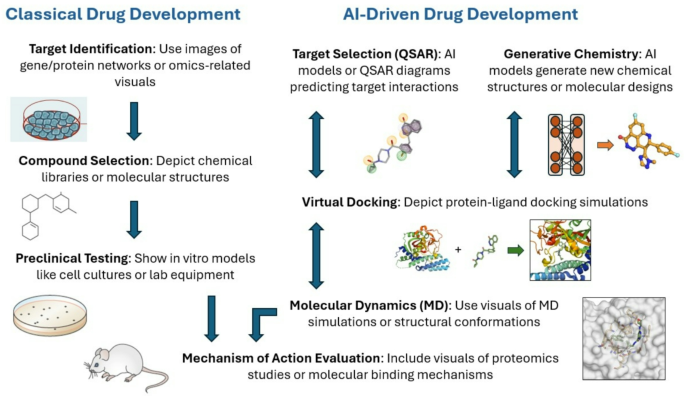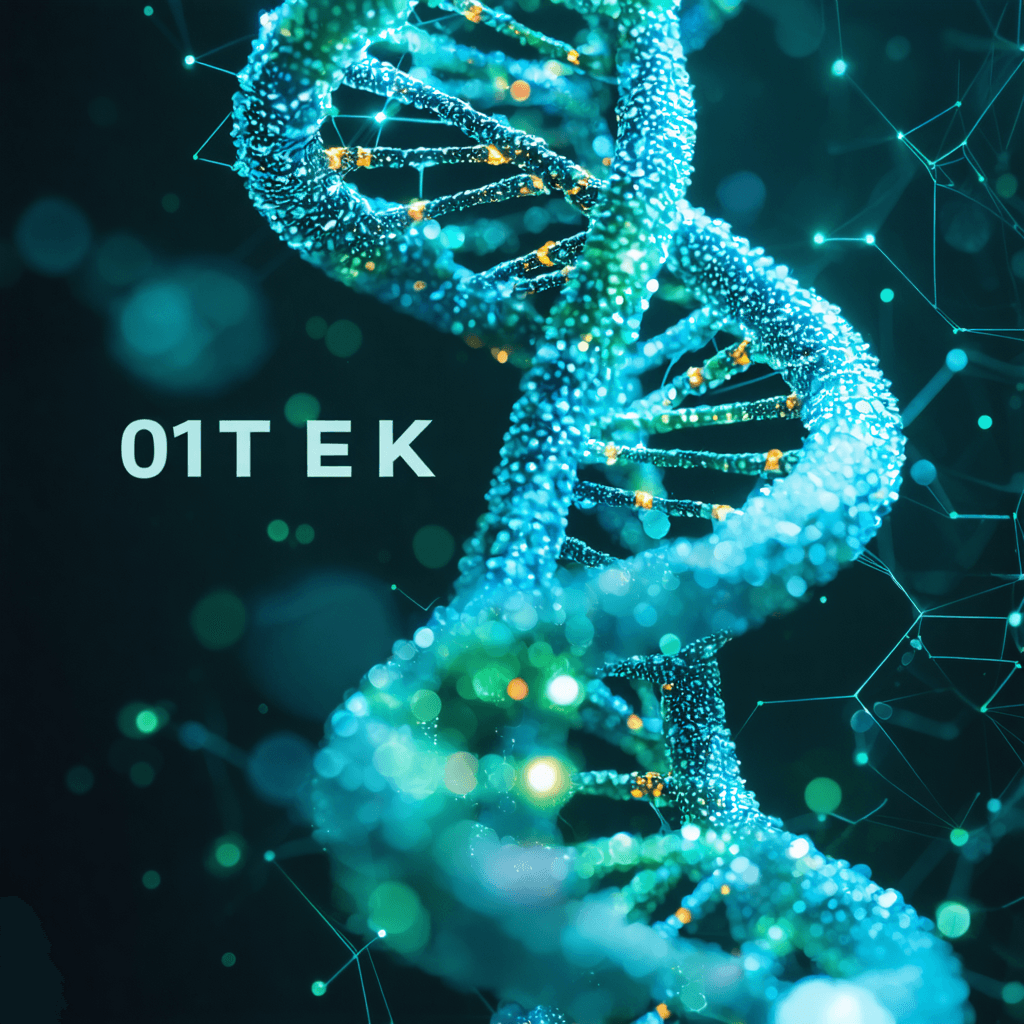AI Meets Biology: Cracking the Code of Complex Networks in Predictive Modeling
The intersection of artificial intelligence and biology represents one of the most exciting frontiers in modern science, where computational power meets the complexity of living systems. In recent years, this convergence has led to unprecedented breakthroughs in our understanding and modeling of biological networks, revolutionizing how we approach complex biological problems.

The Evolution of Bio-AI Integration
The marriage of AI and biology has evolved from simple pattern recognition to sophisticated predictive modeling systems that can analyze and interpret complex biological networks. Recent developments have shown that AI algorithms can now process and make sense of vast amounts of biological data, from genetic sequences to protein interactions, with remarkable accuracy.

Network Biology: A New Paradigm
Complex biological networks form the foundation of life processes, and understanding these intricate systems has been a significant challenge in traditional biology. AI-powered tools are now enabling researchers to:
- Map and analyze protein-protein interaction networks
- Predict gene regulatory patterns
- Model metabolic pathways
- Simulate cellular processes in real-time
Predictive Modeling: The Game Changer
Modern predictive modeling in biology leverages advanced AI techniques such as:
- Deep Learning Networks
- Graph Neural Networks
- Transformer Models
- Diffusion Models

These tools have dramatically improved our ability to predict:
- Protein structures and functions
- Drug-target interactions
- Disease progression patterns
- Treatment responses
Applications in Drug Discovery
One of the most impactful applications of AI in biological networks is in drug discovery. The integration of AI-powered predictive modeling has:
- Reduced drug development timelines by up to 30%
- Improved success rates in clinical trials
- Enabled more precise target identification
- Enhanced understanding of drug mechanisms

Challenges and Future Directions
Despite significant progress, several challenges remain:
- Data Quality and Standardization
- Model Interpretability
- Computational Resource Requirements
- Integration of Multiple Data Types
Researchers are actively working on solutions, with promising developments in:
- Hybrid modeling approaches
- Explainable AI systems
- Edge computing applications
- Quantum computing integration
Impact on Precision Medicine
The convergence of AI and biological network analysis is revolutionizing precision medicine. By analyzing complex patient data networks, AI models can now:
- Predict disease susceptibility
- Recommend personalized treatment plans
- Monitor treatment responses
- Identify potential complications early
The Role of Digital Twins
Digital twins in biology represent a fascinating application of AI-powered network modeling. These virtual replicas of biological systems enable:
- Real-time monitoring
- Predictive maintenance
- Risk assessment
- Treatment optimization
Best Practices for Implementation
To effectively implement AI in biological network analysis:
- Ensure data quality and preprocessing
- Choose appropriate modeling techniques
- Validate results thoroughly
- Maintain transparency in methodology
- Consider ethical implications
Tools and Technologies
Current leading tools in the field include:
- Advanced neural network architectures
- Cloud-based computing platforms
- Specialized biological databases
- Integrated analysis pipelines
The Path Forward
As we continue to unlock the potential of AI in biological network analysis, the future holds exciting possibilities for:
- More accurate disease prediction
- Faster drug development
- Personalized treatment options
- Enhanced understanding of complex biological systems
Call to Action
Ready to dive deeper into the fascinating world of AI and biological networks? 01TEK offers comprehensive courses and resources to help you master these cutting-edge technologies. Visit our website to explore our specialized programs in AI-driven biological modeling and network analysis. Join our community of innovators who are shaping the future of biotechnology and healthcare.
Sources: [1] UCSB Summer Research Programs [2] CUNY Graduate Center AI Research [3] Biomarker Research Journal [4] Nature Digital Medicine [5] Science Direct Pharmaceuticals [6] QBI AI Symposium
What do you need to start a business? Three simple things: know your product better than anyone, know your customer, and have a burning desire to succeed.
Dave Thomas, founder of Wendy’s



